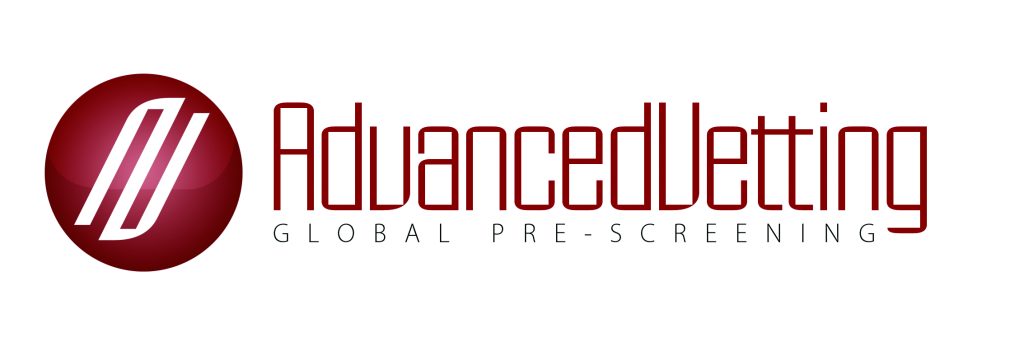Imagine applying for your dream job, only to be turned away. Not because of your skills or experience but due to an unfair assessment process. It’s a scenario more common than many realise.
Unconscious biases can creep into pre-employment screening. They influence hiring decisions in ways that may exclude qualified candidates. From subtle wording in questions to how results are interpreted, bias in pre-employment assessments can lead to an unfair playing field. It limits diversity and hinders businesses from hiring the best talent. We examine how companies can identify and eliminate bias in their hiring assessments. This ensures a fair and objective recruitment process for all.
What Are the Most Common Forms of Bias in Pre-Employment Assessments?
Bias in pre-employment assessments can manifest in various ways. Often, hiring managers or HR professionals aren’t even consciously aware of it.
Unconscious Bias
Recruiters may unknowingly let personal preferences affect how they interpret assessment results. Even when trying to be objective, hidden biases can influence decisions.
Cultural Bias
Assessments created for one cultural group may put others at a disadvantage. This can lead to unfair outcomes for candidates from different backgrounds.
Gender Bias
The wording of questions or the types of skills tested may favour one gender over others. This can unintentionally limit diversity in hiring.
Design Bias
The way assessments are structured or delivered can give certain groups an advantage. Factors like test format, language, or accessibility can impact results.
Confirmation Bias
Hiring teams may focus on assessment results that support their first impressions of a candidate. This can lead to decisions based on pre-existing beliefs rather than objective data.
Why Should Employers Be Concerned About Bias in Recruitment?
Bias in hiring isn’t just an ethical issue – it also affects business success. When pre-employment assessments are biased, companies may miss out on skilled candidates. This can shrink the talent pool and limit diversity, leading to a less inclusive workforce.
There are also legal and financial risks. Unfair hiring practices can result in discrimination claims, damaging a company’s reputation. Research shows that diverse teams perform better, bringing fresh ideas and innovation. If employees feel a hiring process is unfair, they may become disengaged or leave. This increases turnover and hiring costs.
How Can Organisations Reduce Bias in Pre-Employment Assessments?
Implementing a fair and inclusive assessment process requires intentional effort and thoughtful strategies:
Adopt Standardised Assessments
Structured interviews and standard tests ensure all candidates are judged by the same standards. This reduces personal bias and keeps hiring decisions focused on job skills.
Focus on Job-Related Skills
Assessments should measure only the skills needed for the job. Businesses must show personality tests predict success fairly, without harming any group.
Use Data for Decisions
Basing hiring decisions on measurable data instead of instinct helps reduce bias. Assessment tools with clear scoring systems allow fair comparisons between candidates.
Train Hiring Teams
Recruiters and hiring managers should be trained to recognise and reduce bias. Regular training helps them make fairer decisions during the hiring process.
Review Assessments Regularly
Hiring tests should be checked often to spot and fix unfair elements. This keeps assessments fair and relevant to the job.
What Role Does Technology Play in Creating Bias-Free Assessments?
Technology can reduce bias, but it isn’t always neutral.
Benefits
Online assessments use the same rules for everyone, removing personal bias. They also prevent visual cues from affecting decisions and give all candidates a fair experience.
Challenges
If the system is trained on limited data, it may favour certain groups. Some algorithms may also use factors linked to age, gender, or background, creating unfair results.
The best approach is to use technology alongside human oversight to keep the hiring process fair.
How Can Pre-Employment Assessments Promote Diversity?
Pre-employment assessments can support diversity when designed carefully. They provide fair measures of a candidate’s skills, reducing the focus on factors like education that may lead to bias. Skills tests can also uncover talent that traditional hiring methods might miss.
These assessments shift the focus to abilities rather than credentials. They give candidates from different backgrounds more opportunities. When properly tested and used correctly, they also help companies track and improve diversity in hiring over time.
What Makes an Equitable and Effective Hiring Process?
A fair hiring process has key features that help ensure equal opportunities for all candidates:
- Job requirements should be clearly defined before testing begins.
- Use different assessment methods to measure various skills.
- All candidates should be judged using the same standards.
- Diverse hiring teams bring different perspectives. This helps to equalise decision-making.
- Regular reviews can spot bias. Companies should always look for ways to improve their hiring methods.
How Can Advanced Vetting Help?
Fair hiring isn’t just good practice – it’s essential for building strong, diverse teams. Unchecked bias in assessments can exclude great candidates and limit business success.
Advanced Vetting offers pre-employment screening services to help businesses make informed hiring decisions. Our background checks verify candidate credentials and ensure compliance with legal requirements. We help organisations build trustworthy teams while protecting their reputation.
Our services include identity and employment history verification, criminal record checks, and reference checks. We also offer additional screenings like credit history checks and international background checks. Our expert team ensures a smooth process while maintaining strict data protection standards. Partnering with us helps you hire with confidence while staying compliant and minimising risks.
Contact us today to protect your business and hire with confidence.
Additional sources:






